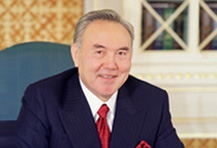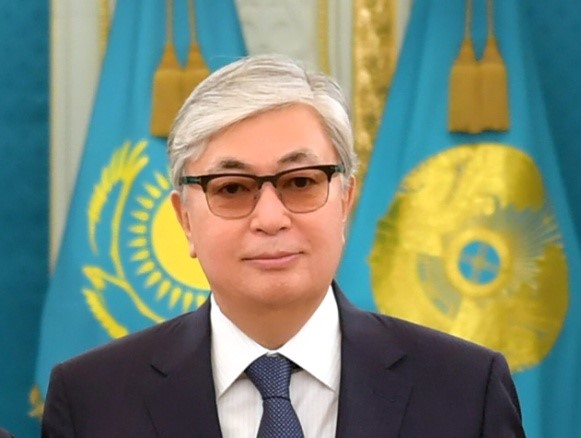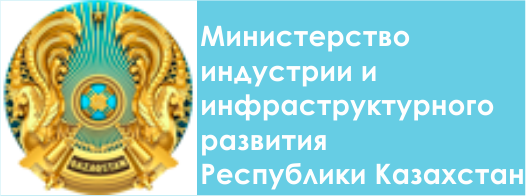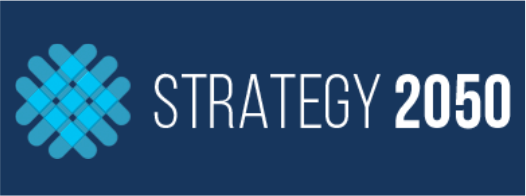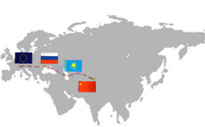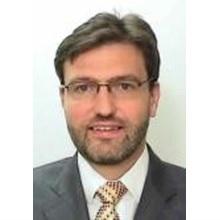
Source of Photograph: The World Bank’s web-site
Nur-Sultan, July 16, 2019 — Jean-Francois Marteau, a French national, with over 20 years of experience in economic policy implementation and project management, has been appointed the World Bank's new Country Manager in Kazakhstan.
Mr. Marteau will lead the World Bank policy dialogue with counterparts in Kazakhstan and manage the country program and country team based in Nur-Sultan. Mr. Marteau succeeds Mr. Ato Brown who led World Bank operations in Kazakhstan from February 2016 to June 2019.
Under Mr. Marteau’s leadership, the World Bank will continue to support Kazakhstan’s development priorities, working closely with government and development partners, civil society, and the private sector.
"I am very happy to start working with the Government on the implementation of the Kazakhstan 2025 strategy and the government’s reforms”, said Jean-Francois Marteau, World Bank Country Manager for Kazakhstan.
Jean-Francois brings to his new role deep knowledge of Bank operations and a track record in designing and leading a broad range of projects. He also brings a unique combination of experiences working in the world’s most fragile countries as well as high-income countries.
Before this assignment, he held leadership positions in the World Bank’s infrastructure and sustainable development sectors, including as a Transport Global Lead for infrastructure financing.
Mr. Marteau also coordinated the World Bank’s activities related to sustainable development in the European Union (EU) member states, including advisory services to the European Commission and several EU member states in transport policy, water sector reform, regional development and urban development, as well as investment in all infrastructure and environment sectors.
Jean-Francois Marteau was selected to this position through the Bank-wide competitive managerial selection process.
Kazakhstan joined the World Bank Group in July 1992. Over 27 years, the World Bank has become a major development partner for Kazakhstan by supporting a diverse range of policy areas – from finances and social services to critical infrastructure for a total of more than US$8 billion for 47 projects.



